As talk of climate change and environmental problems and solutions linger, there is one main solution students here in the SIU community can actively take part in: composting.
“There’s not a lot of awareness as to the compost on campus,” student Chaya Rice said.
Rice is a junior who is currently working on a sustainability project to change that.
Advertisement
“My main goal is to get the composter on campus utilized,” Rice said. “There are a lot of different points on the campus that are food-related and even waste-related. Take the Daily Egyptian for instance, I pick up the old newspapers and I am always thinking to myself where do they go? Do they go in the trash? Do they get recycled? Do they go outside of SIU?”
Rice works with the College of Agriculture farms. As the farm-to-table movement has gained popularity in recent years, many chefs and farmers are taking it one step further by incorporating composting into the process. By composting food scraps and other organic waste, farmers are able to create nutrient-rich soil to grow their crops.
“We’re growing the food. The food is eaten by the students. The students are properly disposing of the waste to get back into the soil, to get back into the food and just create, like, a cycle,” Rice said.
This not only reduces waste but also eliminates the need for synthetic fertilizers. The end result is a sustainable and eco-friendly cycle that benefits both the environment and the quality of the food being served. As consumers become more conscious of where their food comes from, this farm-to-table-to-compost-to-farm-to-table model is gaining traction.
SIU is taking part in this growing movement in sustainability. All the food eaten within the SIU dining halls is composted and sent to SIU’s forced air compost facility to be used to return organic matter and nutrients back into the soil in ready form for planting to continue the cycle.
“Everything for one week would get dumped into one compartment, where it has aeration vents in the floor to aerate through it,” Trueblood Hall chef Twila Tiberend said. “They turn it, rotate it and, as it reaches certain stages, it moves from one compartment to the next so that they can start a new batch and move, and it moves. By the time it gets to the end of… four or five, it might be even six different compartments down that one wall of the facility, then it goes out to the farm to be filled in with the soil or used in the greenhouse.”
Tiberend said she would advise students not to create or contribute to the volume of waste.
Advertisement*
“We have a lot of students that come in and they’re like, ‘Oh my god, that looks so good, I’m going to fill a plate,’ or they’ll take it, you know, 12 chicken tenders…so, they’ll fill a plate with chicken tenders. But then they can’t eat it all and so it gets wasted,” she said. “So, my first and foremost thing to encourage the students to contribute to the process of composting, which would be a whole lot easier to come back and get a second serving than to throw away half of what you take the first time.”
Sustainability can be defined as the capacity to meet the needs of the present without compromising the ability of future generations to meet their own needs. It serves as a critical guiding principle, encompassing responsible resource management, environmental protection and the well-being of our societies. Think of it as a blueprint for ensuring that our actions today don’t jeopardize the opportunities and resources available to those who will inherit the planet in the years to come.
Sustainability includes several key tenets:
- Environmental Preservation: One of the most pressing issues of our time is environmental degradation, including climate change, loss of biodiversity and pollution. Sustainability is crucial in mitigating these challenges by promoting practices that reduce harm to ecosystems, conserve natural resources and minimize pollution.
- Resource Conservation: With a growing global population and increasing consumption, sustainable practices are essential for conserving finite resources such as water, energy and minerals. Sustainable resource management helps prevent resource depletion and ensures resource availability for future generations.
- Economic Stability: Sustainable practices can lead to economic stability and resilience. Businesses that adopt sustainable practices often experience cost savings through resource efficiency and reduced waste. Additionally, sustainability can create new economic opportunities in emerging green industries.
- Social Equity: Sustainability aims to promote social equity by ensuring that the benefits of economic and environmental progress are shared by all members of society. This includes addressing issues of poverty, access to clean water, education and healthcare.
- Health and Well-being: Sustainable practices can have direct benefits for human health. For example, reducing air pollution through cleaner energy sources can lead to improved respiratory health, while access to fresh and local foods can enhance nutrition.
- Climate Change Mitigation: Sustainable practices play a critical role in combating climate change. By reducing greenhouse gas emissions through renewable energy, energy efficiency and sustainable land use, we can mitigate the impacts of climate change and work toward a more stable climate.
Lauren Becker, the planner and sustainability coordinator for the city of Carbondale, said, “I was recruited back in May of 2022, and I came right at the time that the city of Carbondale City Council passed a tremendous document, a constituent-led document, that this sustainability commission wrote. The Carbondale Community Sustainability Action Plan. It is incredibly detailed. It’s audacious. It’s bold. It really communicates the future that our community members would like to see for Carbondale.”
The plan commits the city to carbon neutrality by 2050 with a 45% percent reduction by 2030. Becker calls it “incredible for a community of our size here in southern Illinois to make that commitment so publicly and so fervently is fantastic.”
SIU plays a pivotal role in shaping the environmental consciousness of its students and fostering innovative solutions to local sustainability challenges. By collaborating with the city of Carbondale on sustainability projects and sharing research findings and expertise, SIU not only enhances its own green initiatives, but also contributes to the city’s efforts to reduce its ecological footprint and promote a more sustainable future.
Becker meets frequently with Justin Harrell, who’s the lead engineer at Facilities and Energy Management on campus. Carbondale sees a responsibility to make sure that as SIU pursuing new initiatives and new programs. It’s collaborating in such a way that we see co-benefits and mutual benefit to SIU, the city of Carbondale, Jackson County and the wider region.
“We’re starting to see this level of cooperation here in southern Illinois where community members are recognizing that the water lifts all the boats, right? We rise and we fall as a region,” Becker said.
SIU students can help in a few different ways as well by getting involved with sustainability events. Some upcoming events include:
- Scrunchies from Scraps! Thursday, Oct. 26, 5–7 p.m. at The Craft Shop
- The Great Southern Illinois Pumpkin Smash: DON’T TRASH IT, SMASH IT! Saturday, Nov. 3, 9 a.m. – 12 p.m. at SIU Farms Service Center
- Beeswax Wrap Workshop! Thursday, Nov. 30, 5–7 p.m. at The Craft Shop
Other ways to help include:
- Start taking shorter showers
- Throw waste into the right bins
- Take small portions of food within dining halls
- Start your own mini composter within your dorms
- Pick up after yourself and others
- Keep Southern Illinois University as well as Carbondale a cleaner place to live.
For more information visit the siusustainability Instagram page.
Advertisement



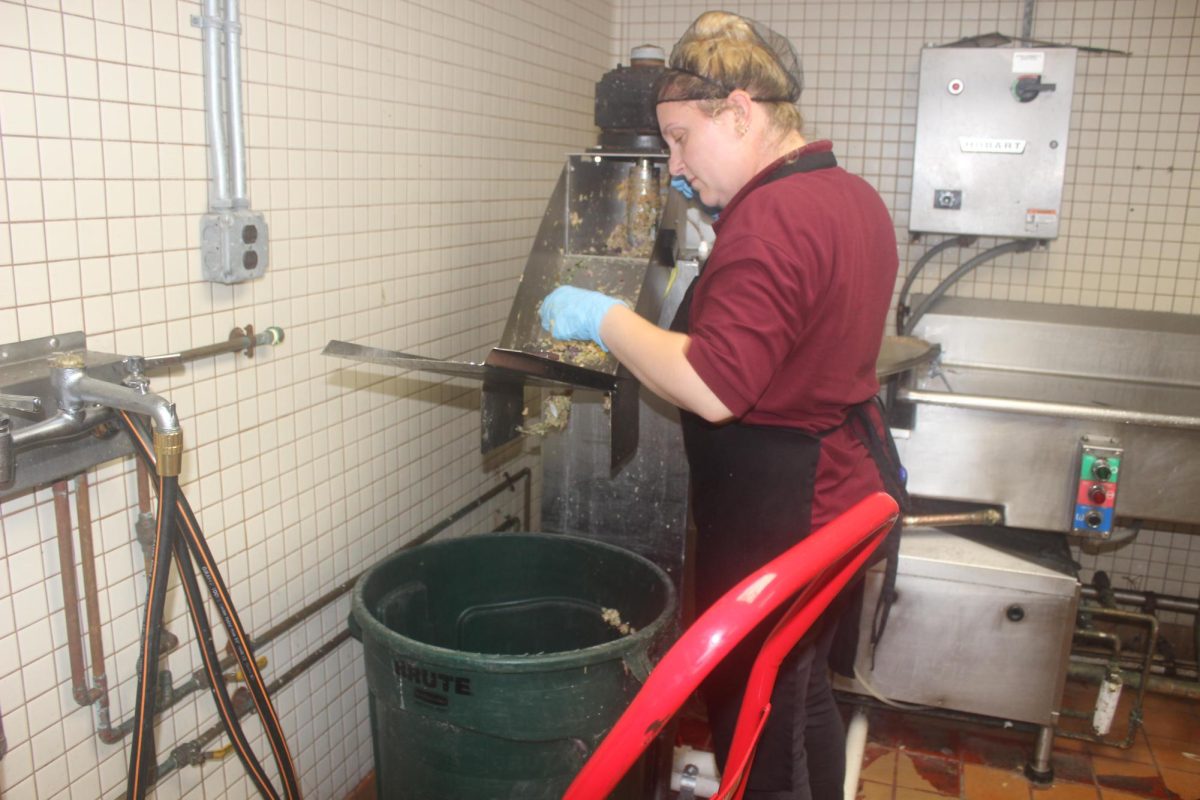






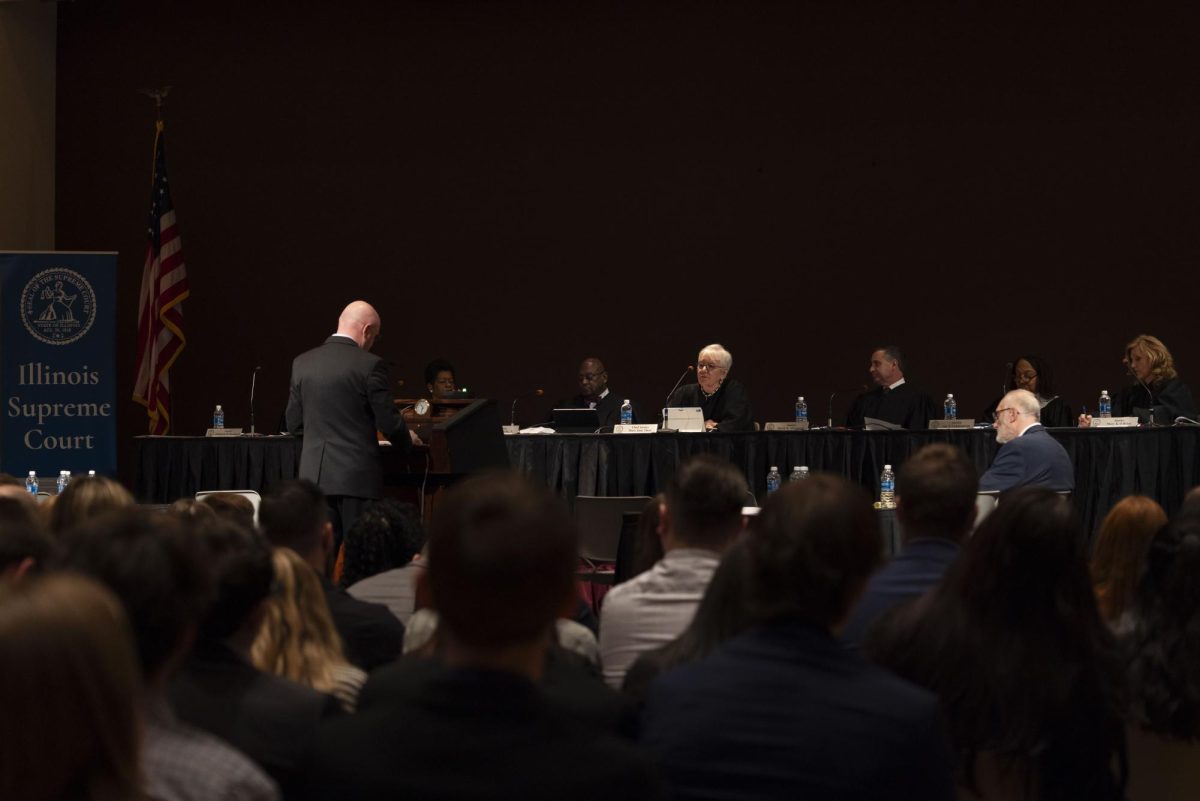

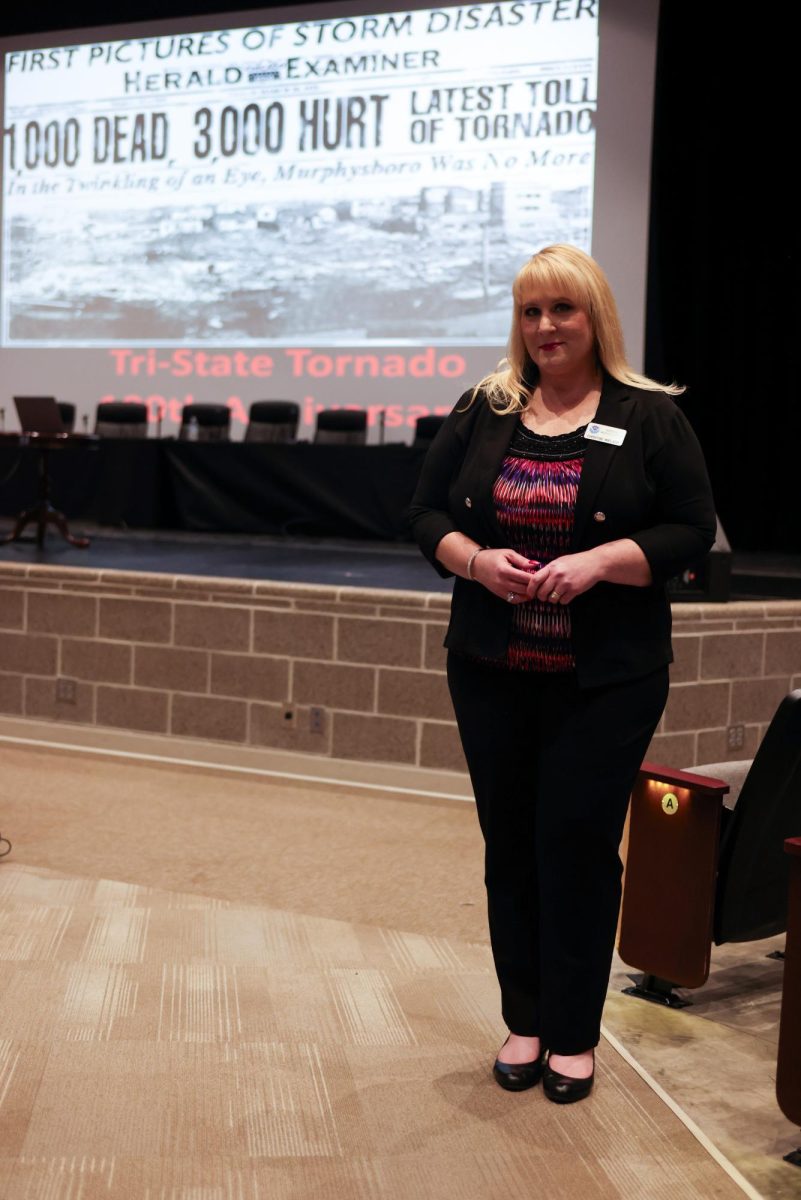


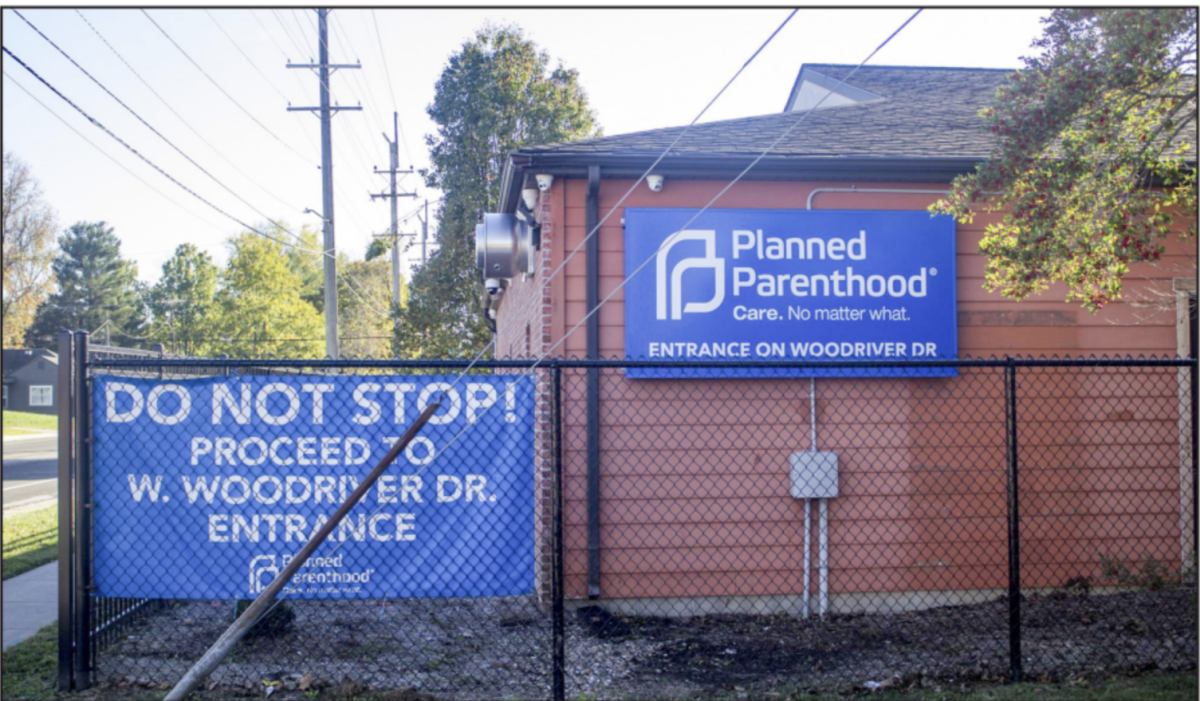
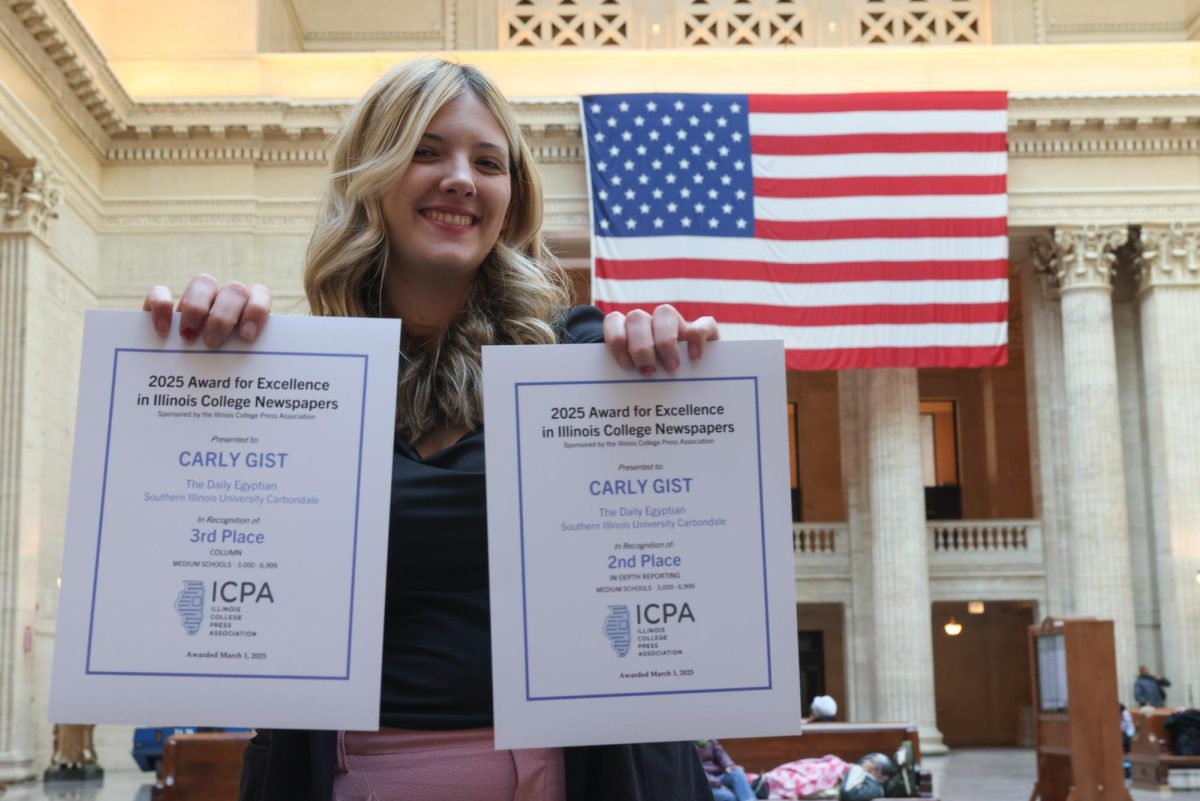

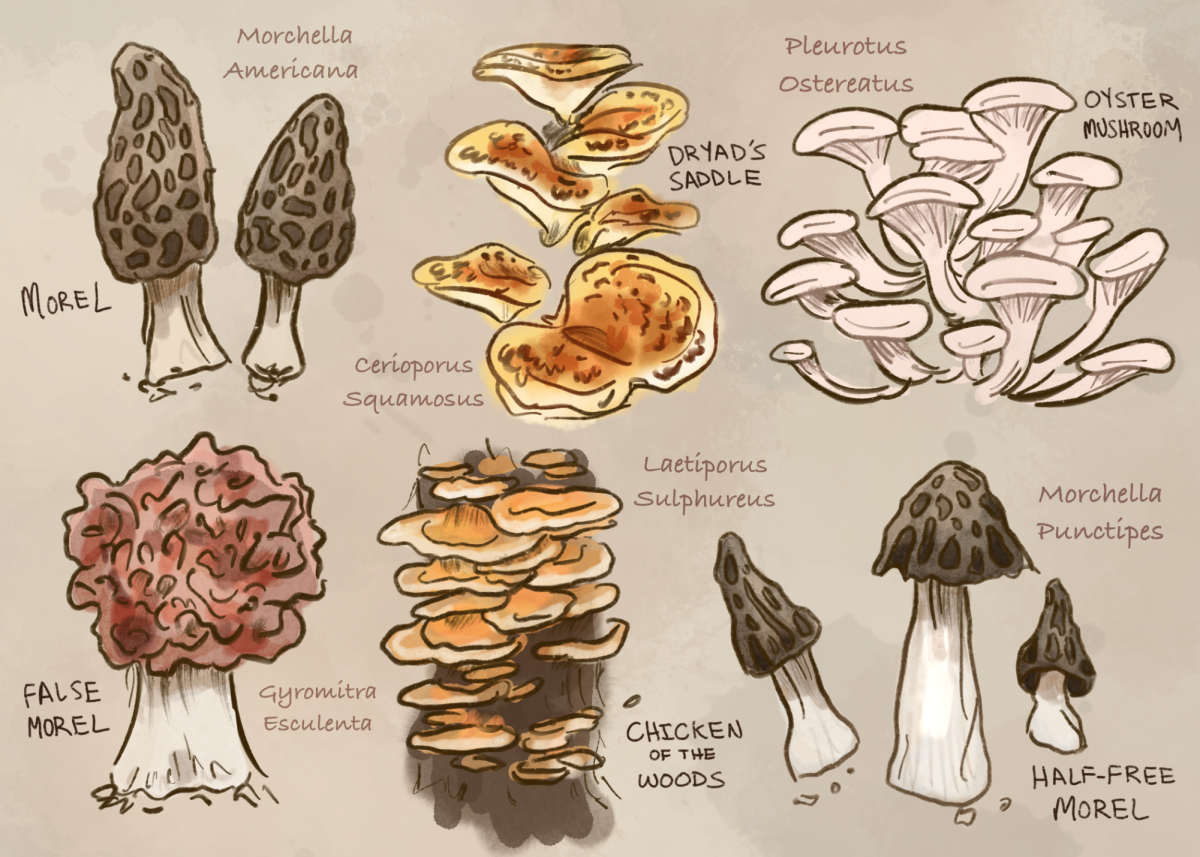

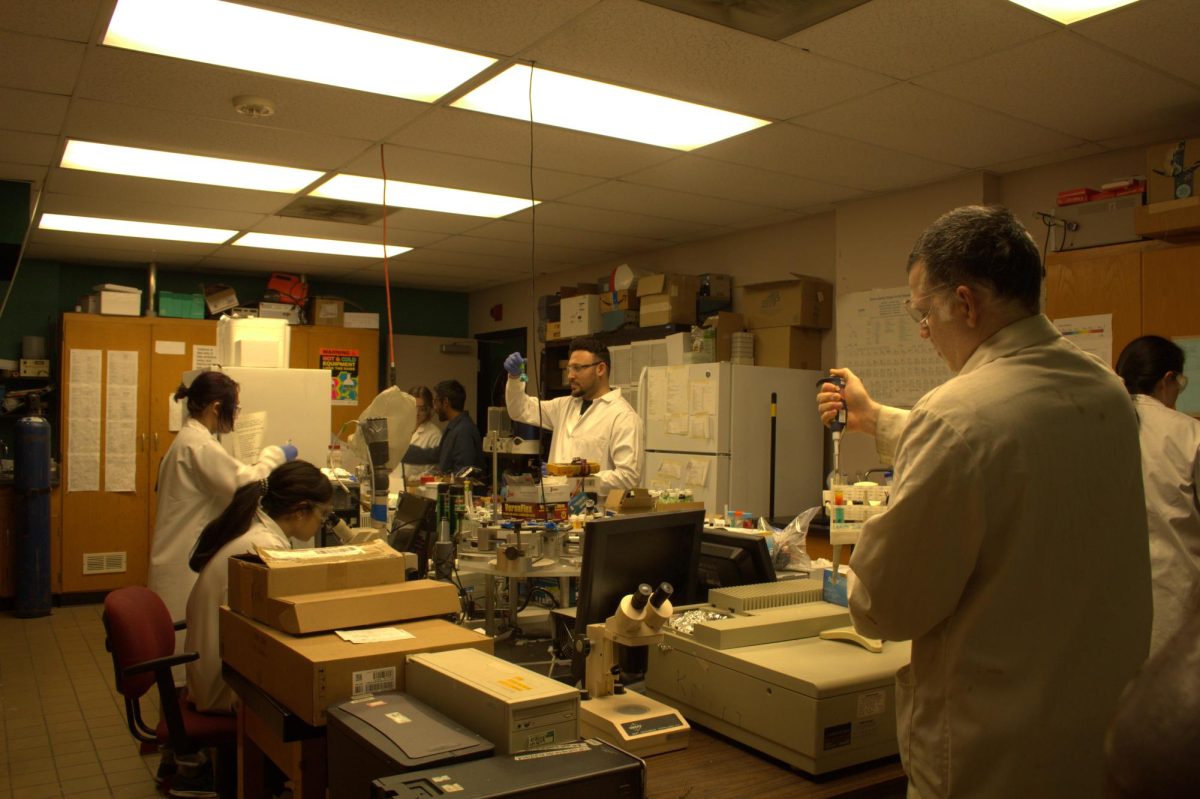

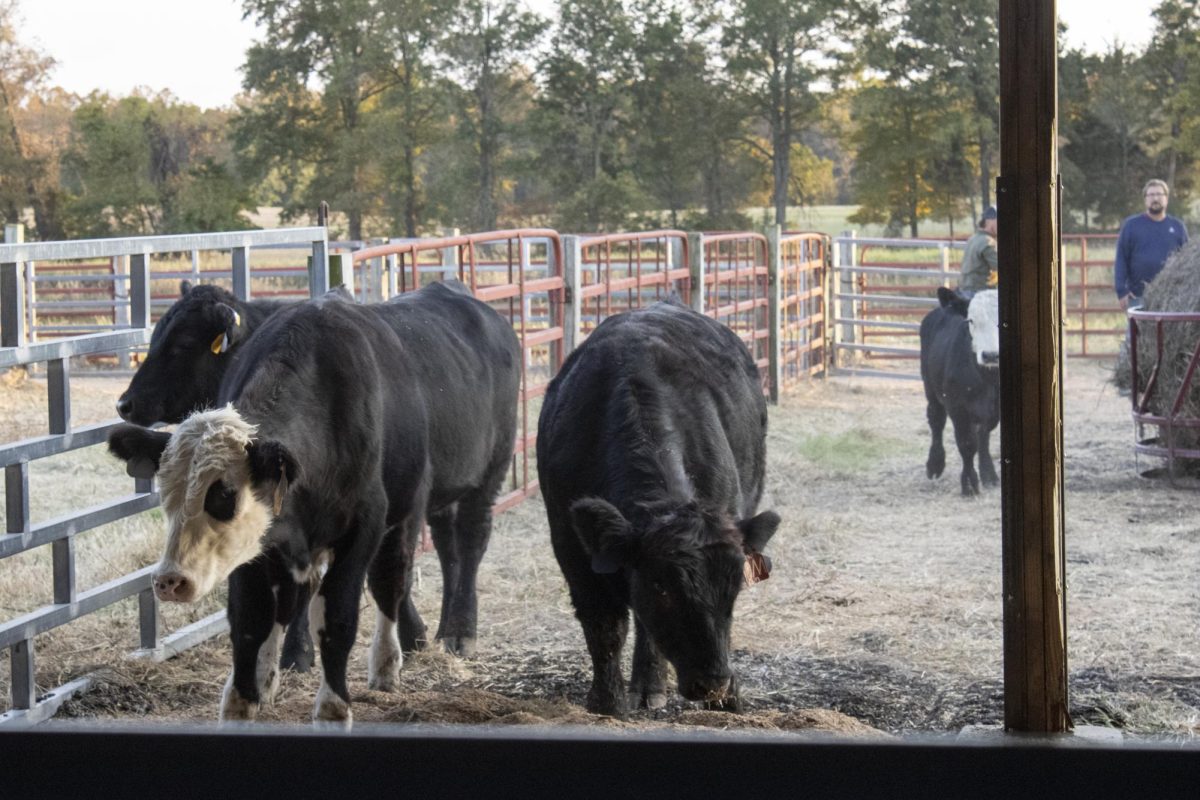
Ellen johnson • Oct 9, 2023 at 9:07 pm
I live in the community of Carbondale, most of these homes are renters. Why does Carbondale not recycle? We have one refuse bin for garbage day. No wonder china doesn’t want our dirty garbage. Starting with this problem of non-conforming would make a difference.